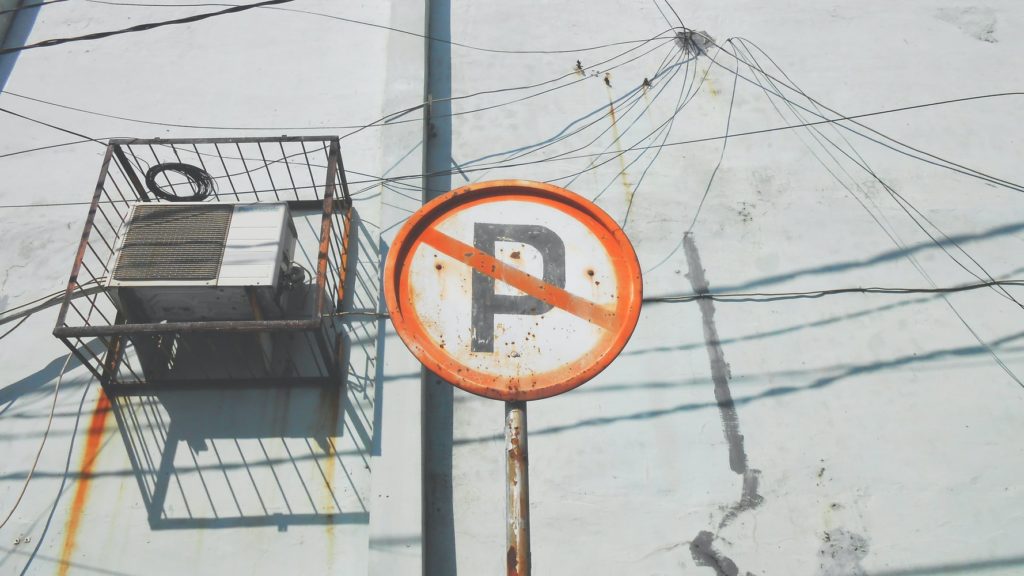When Should Churches Reject Governmental Guidelines on Gathering and Engage in Civil Disobedience?
May 2, 2020

May 2, 2020
For more resources related to COVID-19, visit our new site: COVID-19 & The Church.
* * * * *
As the COVID-19 stay-at-home quarantines tarry, folks are getting restless. State governments think about pathways to opening up. The stock market leaps a couple percentage points at the slightest whisper of a vaccine. And pastors have begun to ask each other, “When can our churches gather again?”
Yet a darker question sometimes follows: “If the government continues to say we cannot meet, when do we as churches engage in civil disobedience by gathering anyway?”
Just this week I heard pastors in three separate conversations ask this question.
Here’s why it’s a difficult topic from a biblical perspective: both the government and our churches have a legitimate biblical claim on the territory of gatherings. You might call it jurisdictional overlap.
Governments possess authority, if for no other reason, then to preserve human life (see Gen. 9:5–6). They are obligated by God to do so. If temporarily banning all gatherings of a certain size accomplishes that end, they should.
At the same time, churches possess a right to gather, arguably as a property of a natural right to freely assemble, certainly as the religious right to assemble. Our vertical obligation to worship God as churches creates that horizontal right with respect to other people and our governments.
So picture two overlapping circles, one representing the church’s jurisdictional obligation and right to gather, the other representing the government’s jurisdictional obligation to protect life. Our pandemical moment places us smack dab in the middle of where these jurisdictions overlap. That, as I said, is what makes this moment difficult.
If the government has a reasonable argument to ban every kind of gathering in order to protect life, then churches should act the part of dutiful citizens and obey the government. They shouldn’t just “go along with the government by our own free will,” as a friend of mine put it. They should positively submit. Submitting to it is to submitting to God (Rom. 13:1–2).
Why should the government’s authority come first? Because preserving life now allows for the freedom to gather later. You cannot gather as a church if you’re dead. Paul therefore tells us to pray for kings, and to lead and peaceful and quiet lives so that people can be saved (1 Tim. 2:1–4). First, peace and safety. Then church work. At least typically.
If you were paying close attention, however, you caught my two qualifications.
First, the government has to have a reasonable argument. A totalitarian state which completely banishes the freedom of assembly probably doesn’t have such a reasonable argument. One ground for civil disobedience, then, would be when it’s overwhelmingly obvious to good sense and reason that the government has no legitimate basis for banning gatherings.
To be sure, determining what’s a reasonable argument or a legitimate basis requires case-by-case judgments, and Christians might disagree. Stopping a pandemic which kills more than 50,000 U.S. citizens within a month strikes me as pretty reasonable.
Second, the government cannot single out religious groups. If it allows sporting events and concerts and political conventions to meet, then it should not forbid churches from meeting. If a government does single out churches, again, then the church may have biblical warrant to disobey.
One pastor asked me what he should do if he disagreed with the government’s assessment of what is reasonable. Should they meet anyway? In the final analysis, there is no black and white answer when jurisdictions overlap that we can look up in a book of case-law. The definition of submission is deferring to another’s judgment, rather than your own. Still, every authority on earth is relative. No authority is absolute except God’s, which means we never surrender judgment to another human entirely, and therefore we have to ask God for wisdom and rely on him in these tough cases of jurisdictional overlap.
As such, the ultimate test comes on Judgment Day. So if you’re tempted to disobey, ask yourself, do you believe God will vindicate your disobedience by saying to you on the Last Day, “Yes, you were correct, pastor, to lead a congregation to overlook what I said in Romans 13 because the government was asking you to sin”? Those are high stakes. That should make you nervous.
It’s not enough you act according to your conscience. I assume Arius acted according to his conscience when he denied Jesus was fully God—to his eternal condemnation. It’s also important for us to make right judgments.
My personal judgment? I see no reason to think the government will single out churches—and I believe, it possesses a compelling reason to ban all gatherings in order to fulfill its basic function of preserving life. So churches should submit to government restrictions on gathering for the foreseeable future. Plus, Christians should utterly exhaust all ordinary means of legal recourse before contemplating disobedience.
And there’s one more reason to obey the government’s ban on gathering at this present moment: I believe it aids our witness. It shows care for the community and love for our neighbors. It shows that we care about their good, too, not just our own.